Description
Epithalon (Epitalon) (also known as Epitalon or Epithalamin) is a synthetic peptide derived from the naturally occurring polypeptide epithalamin, originally isolated from the pineal gland. It has gained attention in longevity research, anti-aging studies, and experimental medicine for its potential effects on lifespan extension, cellular repair, and overall health optimization.
What is Epithalon (Epitalon)?
-
Peptide sequence: Ala-Glu-Asp-Gly (tetrapeptide).
-
Discovered by: Professor Vladimir Khavinson in the 1980s, based on research into pineal gland peptides.
-
Classification: A synthetic peptide with proposed geroprotective, telomerase-activating, and antioxidant properties.
How Epithalon Works (Mechanism of Action)
Research suggests Epithalon may act through multiple biological pathways:
-
Telomerase Activation – stimulates telomerase, an enzyme that helps maintain and lengthen telomeres (protective caps on DNA linked to aging).
-
Antioxidant Activity – reduces free radical damage by balancing oxidative stress.
-
Pineal Gland Regulation – supports melatonin production, improving circadian rhythm and sleep quality.
-
Gene Expression Modulation – influences the activity of genes related to aging and cell repair.
Potential Benefits of Epithalon (Based on Research Studies)
-
Anti-aging effects – may extend lifespan in animal models.
-
Cellular longevity – supports telomere maintenance.
-
Immune system support – enhances adaptive immunity.
-
Cancer prevention research – some studies suggest reduced cancer incidence in animal models.
-
Improved sleep regulation – linked to pineal gland support and melatonin balance.
-
Enhanced skin health and regeneration – potential cosmetic and dermatological applications.
⚠️ Note: These benefits are based on preclinical and limited human studies. Epithalon is not FDA-approved for medical use and is currently sold for research purposes only.

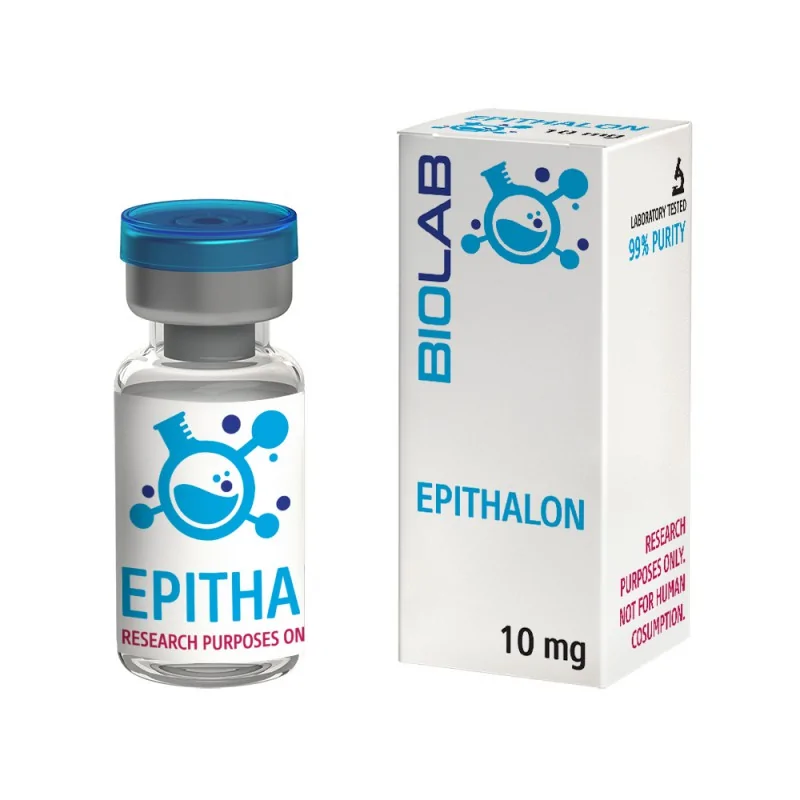
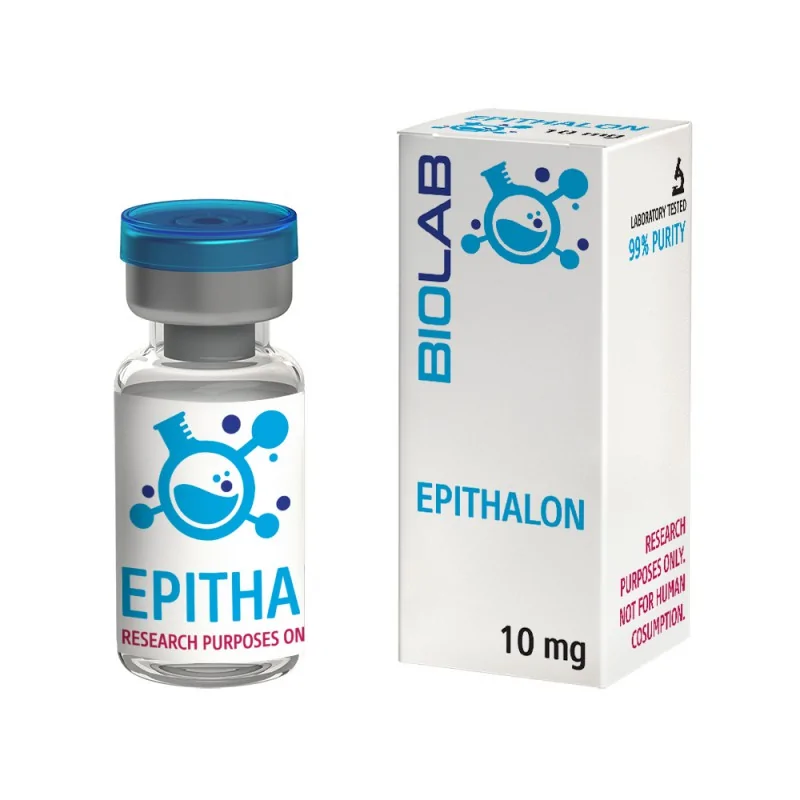

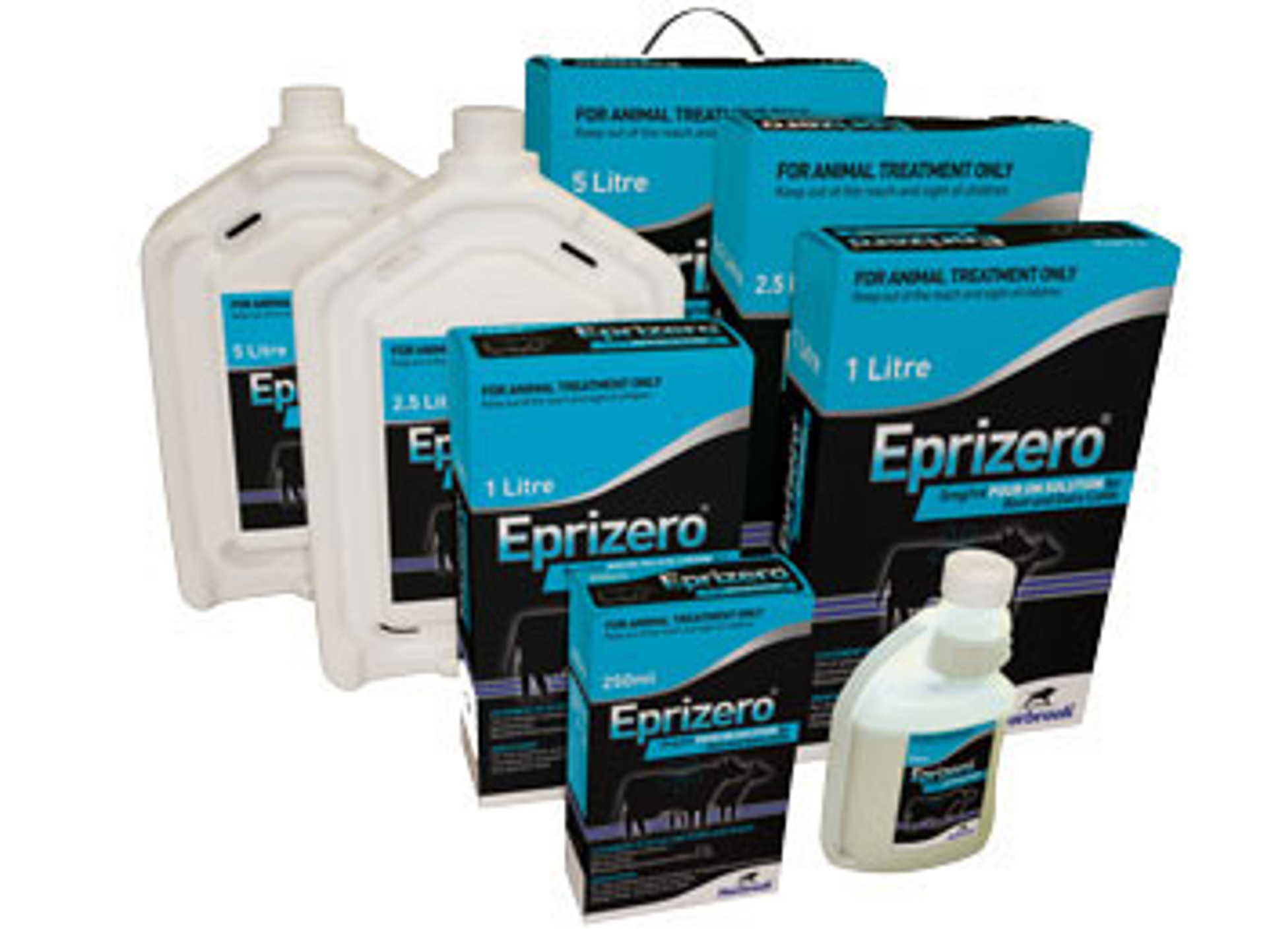


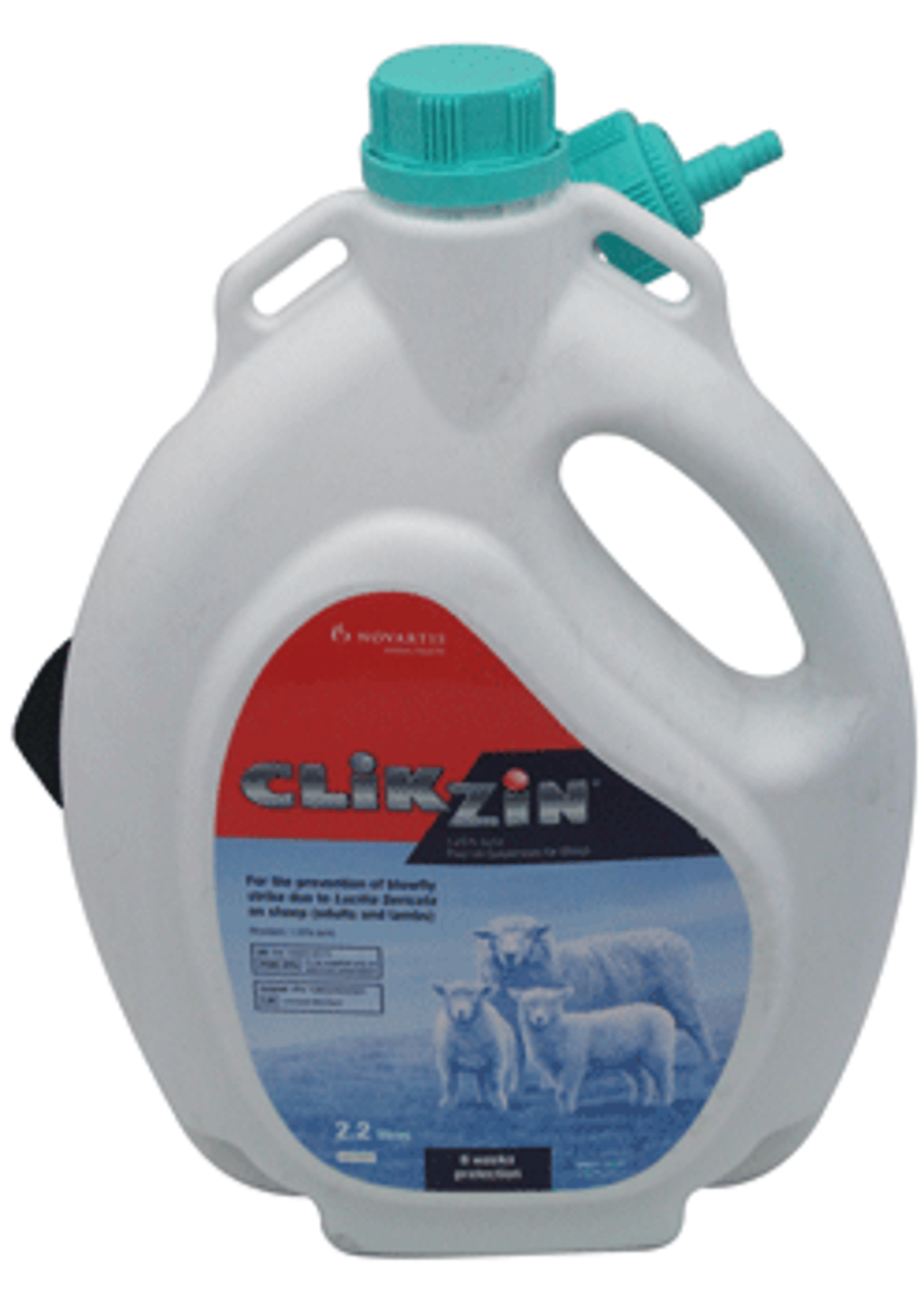

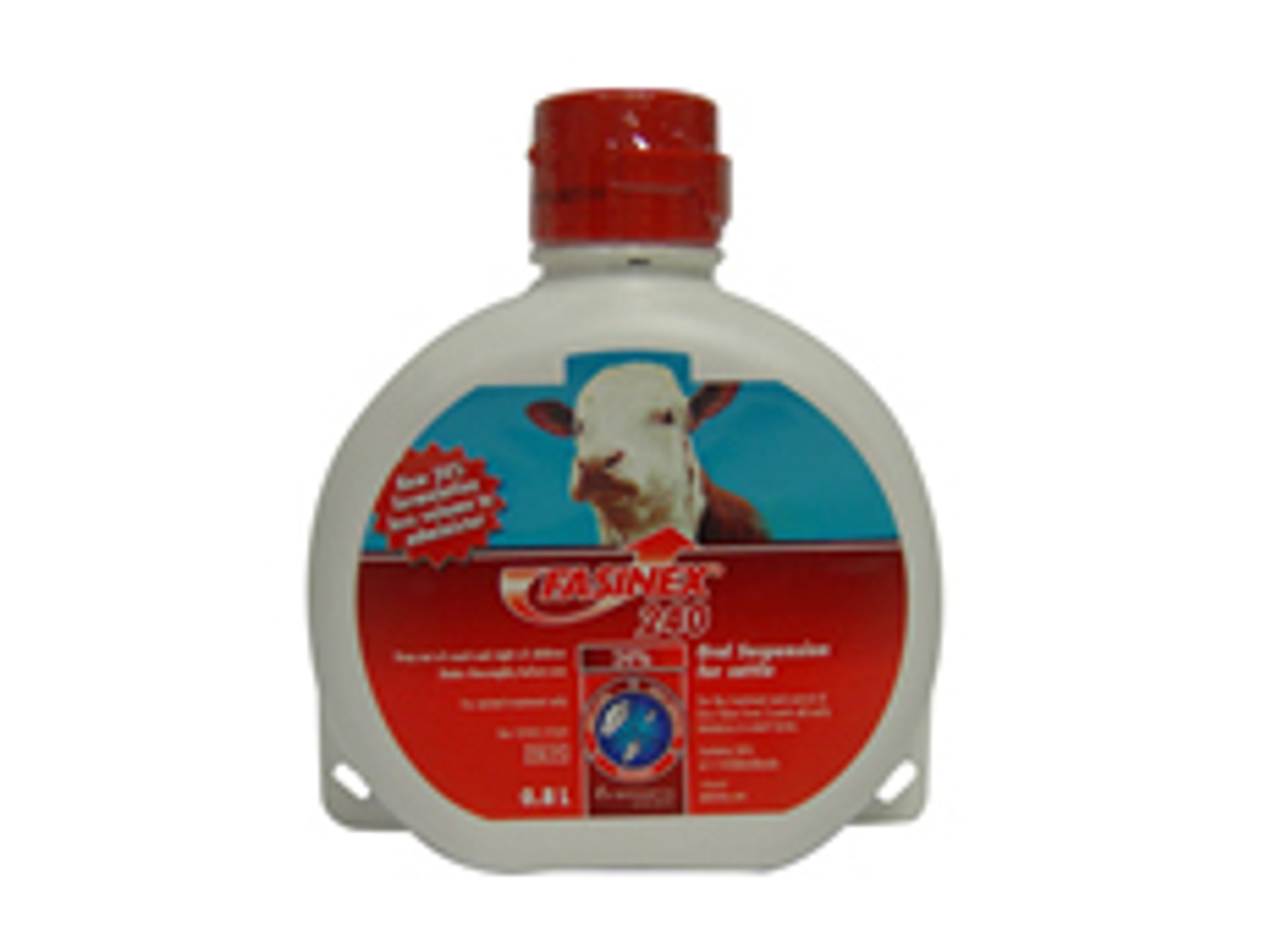
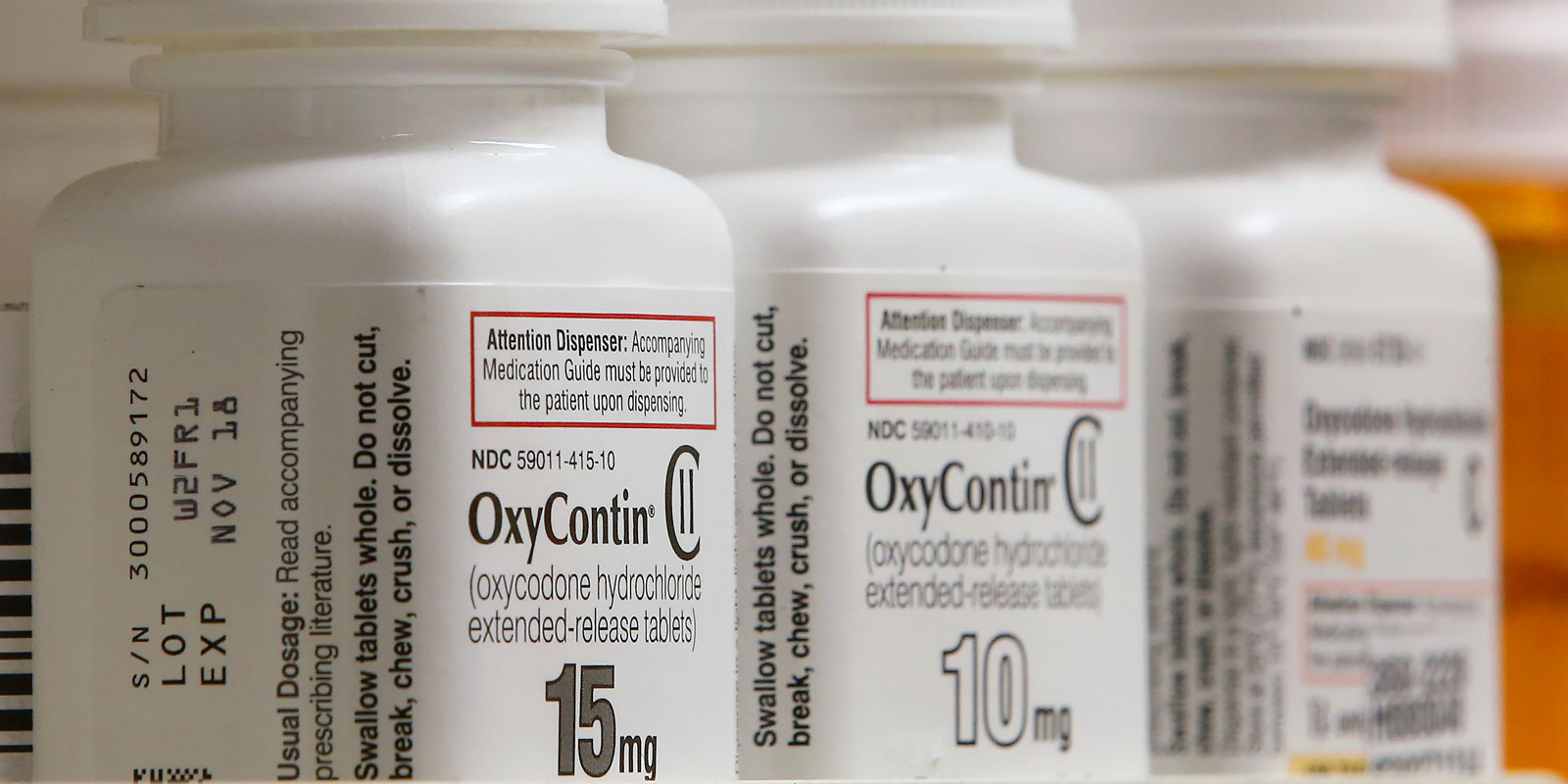

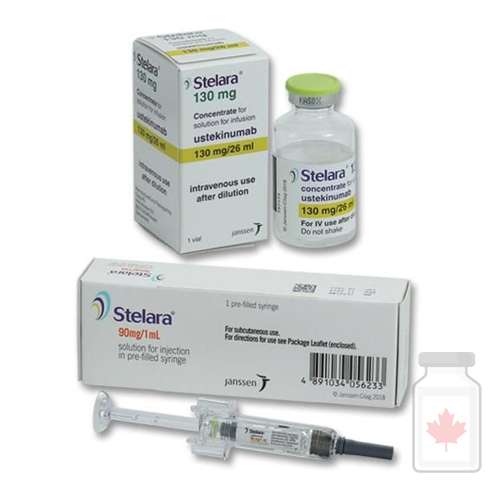
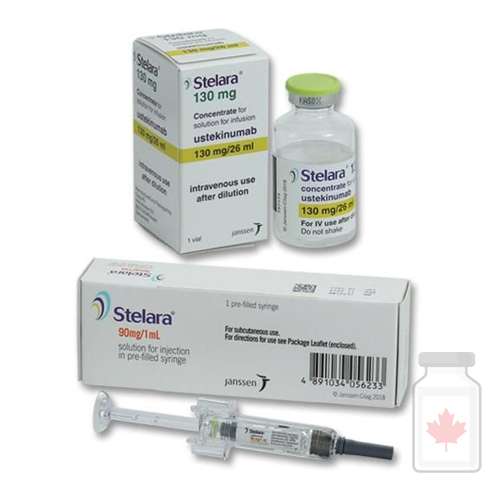
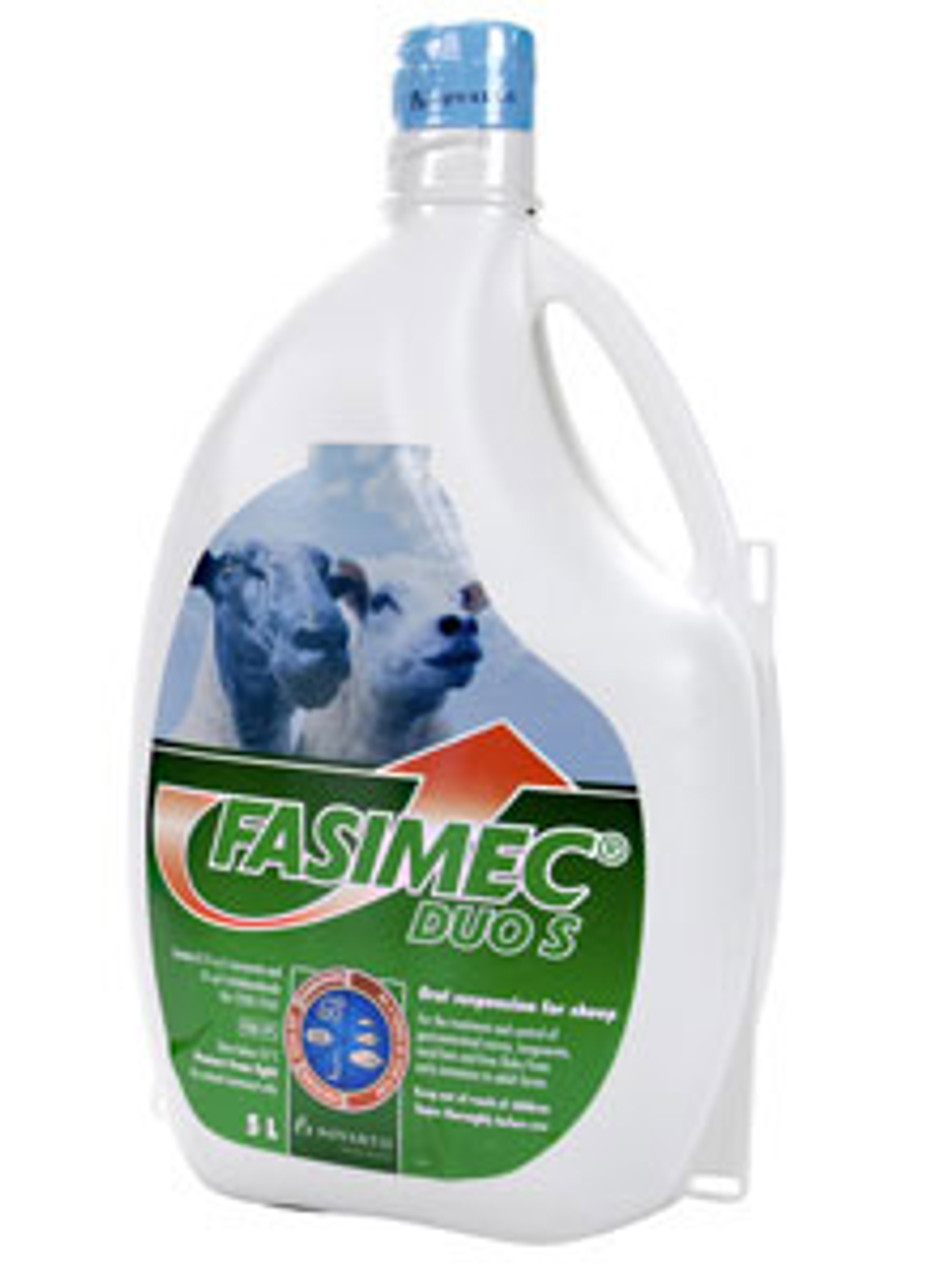

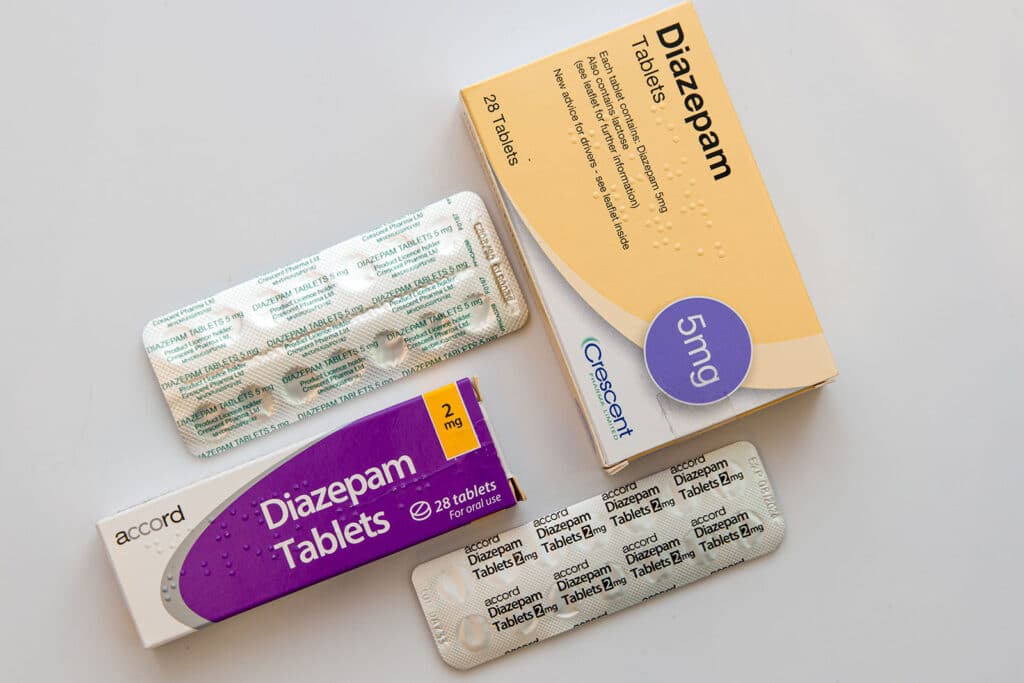
Reviews
There are no reviews yet.